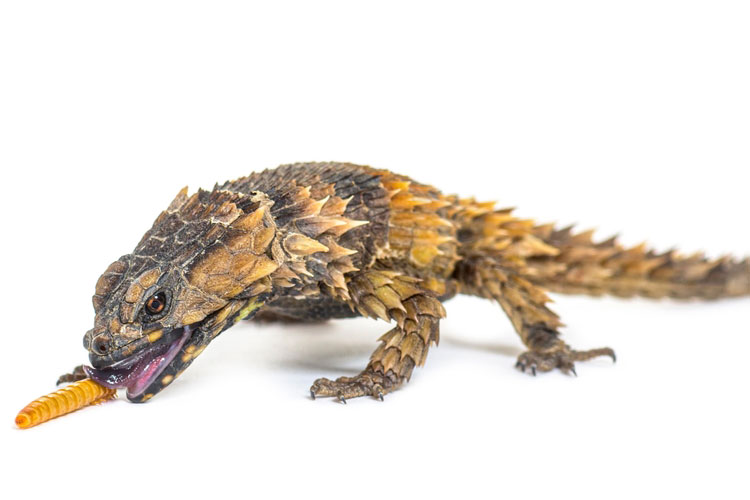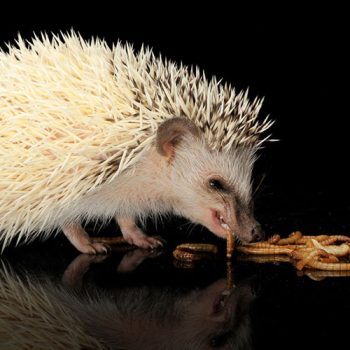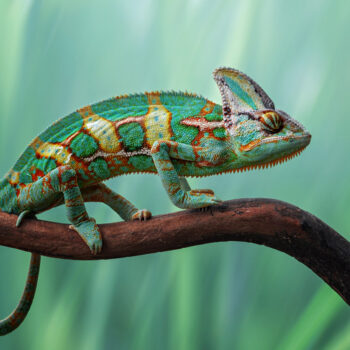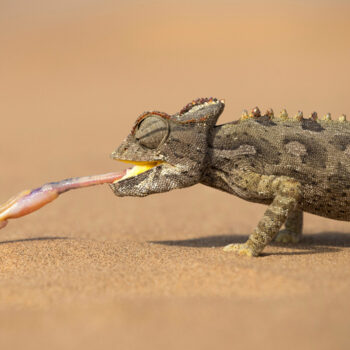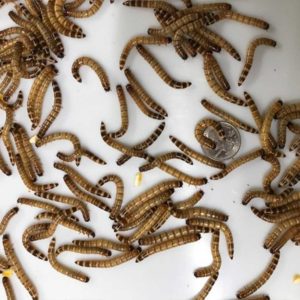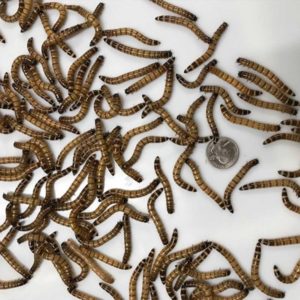Welcoming a reptile into your home comes with the responsibility of providing a balanced and nutritious diet. Mealworms, rich in protein and essential nutrients, make an excellent addition to your reptile’s menu. If you’re a first-time reptile owner wondering how to introduce mealworms into your pet’s diet, you’re in the right place. This guide will walk you through the process, of Feeding Mealworms to Your Reptile for The First Time and ensuring a smooth transition and a happy, healthy reptile.
Understanding Your Reptile’s Diet:
Before incorporating mealworms, it’s crucial to research your specific reptile’s dietary needs. Different species have varying nutritional requirements, and understanding these specifics is essential for maintaining optimal health. Consult reputable sources, such as veterinary guides or experienced reptile keepers, to tailor your pet’s diet accordingly.
Selecting High-Quality Mealworms:
Choosing the right mealworms is key to providing a nutritious meal. Opt for gut-loaded or nutritionally enriched mealworms from reputable pet stores. These mealworms are fed a nutrient-rich diet before being offered to your reptile, ensuring they pass on essential vitamins and minerals.
Start Slowly:
Introduce mealworms gradually into your reptile’s diet, especially if they are used to a different food source. Sudden changes can cause stress or digestive issues. Begin by offering one or two mealworms alongside their regular diet, observing their response and adjusting accordingly.
Proper Handling:
Mealworms can be purchased in various life stages: larvae, pupae, or beetles. Depending on your reptile’s size and preferences, choose the appropriate size. When handling mealworms, use clean, dry hands or feeding tongs to avoid any contamination. This ensures a hygienic feeding process for both you and your reptile.
Supplementing the Diet:
While mealworms are a fantastic protein source, they should not be the sole component of your reptile’s diet. Ensure a balanced nutritional intake by incorporating a variety of feeder insects, leafy greens, and commercially available reptile pellets. This diversity helps mimic their natural diet in the wild.
Observation is Key:
After introducing mealworms, closely monitor your reptile for any adverse reactions. If you notice changes in behavior, appetite, or digestive issues, consult with a veterinarian promptly. This proactive approach ensures early detection of potential health issues.
Hydration Matters:
Mealworms have a relatively low moisture content, so it’s crucial to ensure your reptile stays hydrated. Provide a clean water source, and consider offering fresh fruits or vegetables with high water content to supplement their diet.
Sunshine State Worms – Feeding Mealworms to Your Reptile
Incorporating mealworms into your reptile’s diet can be a rewarding experience, offering a protein-packed and nutritionally rich treat. Remember to tailor the feeding process to your reptile’s specific needs, introducing mealworms gradually and monitoring their response. With proper care and attention, your reptile will enjoy a well-rounded diet, promoting their overall health and vitality.

